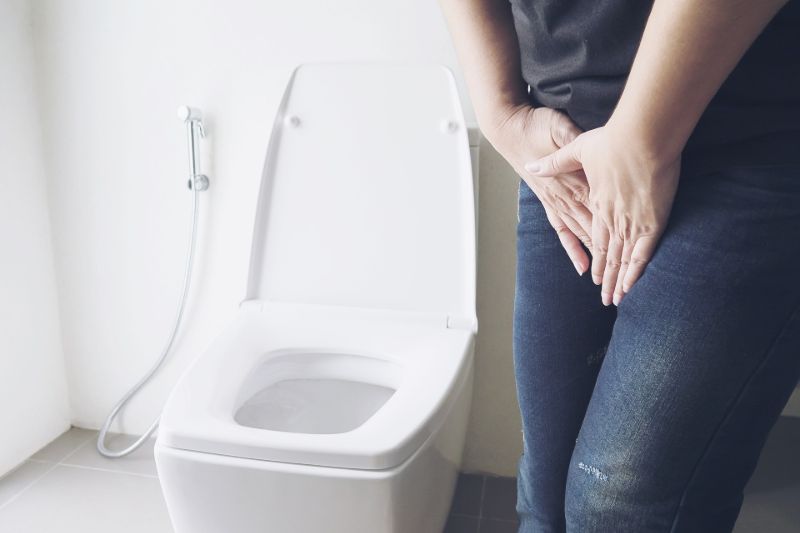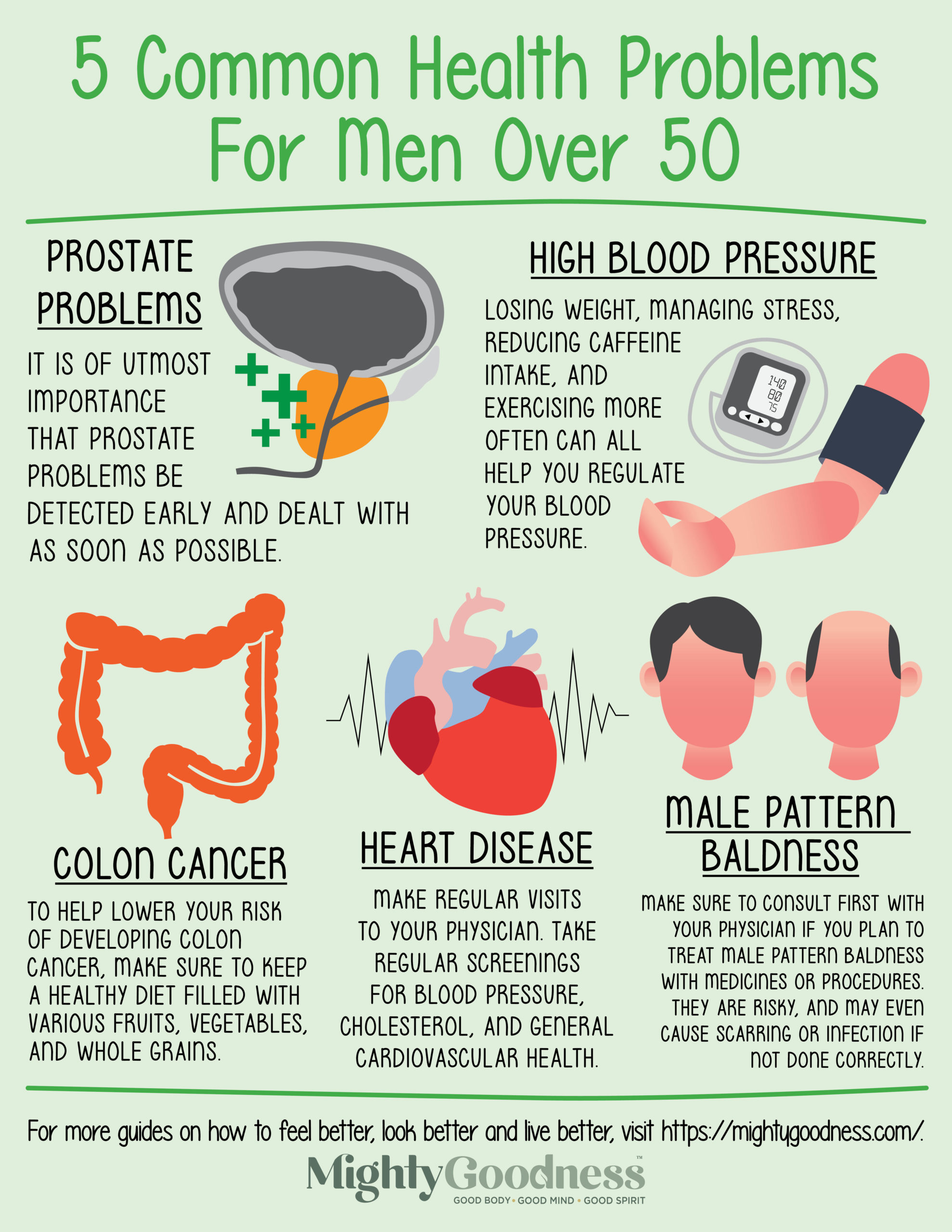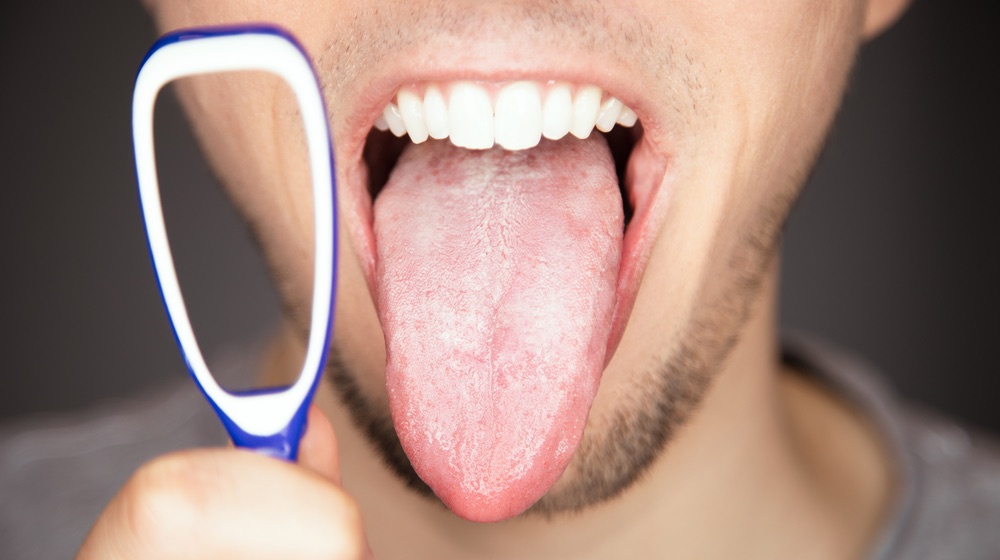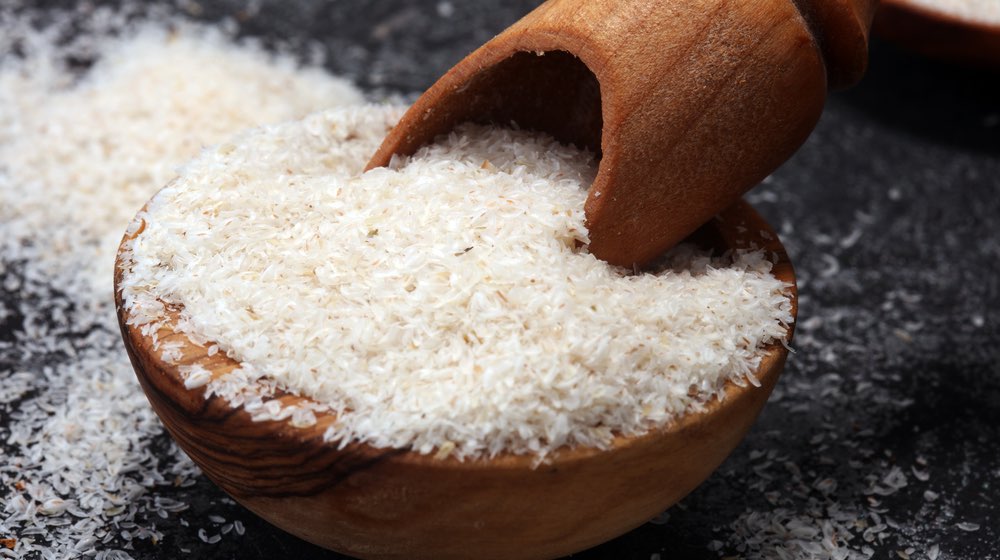Entering the age of 50 should signal the start of a more health-conscious you. Here are some of the most common health problems men over 50 face, as well as what you can do about them.
RELATED: Top 10 Preventive Care Tests You Need At Ages 50 And Above
Dealing with the Most Common Health Problems for Men over 50
Click here to jump to the instructographic.
1. Prostate Problems

According to a recent study, about 20 percent of men will be diagnosed with prostate cancer at one point in their lives. The study also shows that the number of cases has increased by 54 percent from 1975 to 2010.
Furthermore, almost half of all men over 50 deal with an enlarged prostate. At the lightest, this may cause pain and some minor discomfort. At worst, it could lead to cancer.
The prostate gland, located near the bladder, surrounds the tube that urine flows through. An enlarged prostate gland can cause frequent urination, the need to pee at night, and even incontinence.
What to do:
A Prostate-Specific Antigen (PSA) test can measure the level of PSA present in your blood. Having a high level of PSA is one of the early indicators of prostate problems and other urinary infections.
Of course, the main thing to do if you experience any of the symptoms above is to visit your doctor for a proper diagnosis. The symptoms of prostate cancer can overlap with the symptoms of an enlarged prostate. Regardless, it is of utmost importance that prostate problems be detected early and dealt with as soon as possible.
2. High Blood Pressure

Having high blood pressure is one of the most common health problems men over 50 face. The problem with this condition is that it is hard to detect as it rarely comes with a noticeable set of symptoms. Often, it is seen only when certain conditions such as heart disease and stroke occur.
The condition, however, is linked closely to certain lifestyle habits and conditions such as:
- Stress
- Sedentary lifestyle
- Being overweight or obese
- Sleep deprivation
- History of high blood pressure in the family
What to do:
The US National Institutes of Health (NIH) recommends having your blood pressure checked at least once every 2 years. You can also do regular checks on yourself with a home apparatus called a sphygmomanometer, more commonly known as a blood pressure monitor or gauge.
Because having high blood pressure is linked to lifestyle, making key changes here and there can also help you deal with this problem. Losing weight, managing stress, reducing caffeine intake, and exercising more often can all help you regulate your blood pressure.
If these are not enough, then perhaps it's time to visit your doctor. He or she might recommend some medication that will help your body deal with high blood pressure.
3. Colon Cancer

According to the Centers for Disease Control and Prevention (CDC), colon cancer is the third leading cause of cancer-related deaths and the third most common cancer among older adults in the US. In fact, more than 90 percent of colon cancer cases happen to people aged 50 and above. Fortunately, the condition is treatable especially if caught early.
It typically begins in the large intestine or the colon. They start as polyps which are small, benign clumps of cells that can form inside the colon. If left unchecked, they can eventually become colon cancers.
Common symptoms of colon cancer include:
- Blood in the stool
- Diarrhea, constipation, and changes in bowel habits and consistency of the stool
- Abdominal discomforts like gas or cramps
- Sudden weight loss
- Fatigue
What to do:
Doctors typically recommend that their patients start colon cancer screening from the age of 50. For those with a family history of the condition, screening should start sooner.
Several risk factors can also increase your chances of developing the disease. Some of these include a low-fiber and high-fat diet, a sedentary lifestyle, obesity, diabetes, and having vices like drinking and smoking.
To help lower your risk of developing colon cancer, make sure to keep a healthy diet filled with various fruits, vegetables, and whole grains. You should also follow an active lifestyle and maintain a healthy weight.
RELATED: The 10 Main Health Issues Of Retirees
4. Male Pattern Baldness

According to the US National Library of Medicine (NLM), over half of all men aged 50 and above will experience male pattern baldness to a certain degree. This happens when your hair follicles are sensitized to the hormone dihydrotestosterone (DHT).
When DHT binds to the receptors in parts of your hair follicle, it shortens its growth phase. This means that every new hair that grows from your scalp comes out finer and shorter.
Additionally, hair follicles, the tiny holes where hair sits on, tend to shrink over time. At first, it also leads to finer and shorter hair. Eventually, the follicle no longer grows new hair.
Male pattern baldness, otherwise known as androgenic alopecia, starts at the hairline. It slowly recedes and typically forms an “M” shape. As it progresses, it forms a horseshoe pattern of hair that grows around the sides of the head.
What to do:
The good news is that if you're comfortable with how you look, there's no need to treat this at all. In fact, some men prefer to shave their heads completely once male pattern baldness starts to set in.
If you're not, hairpieces, hair weaving, or changes in hairstyle can all help cover hair loss. These are usually cheap and safe options.
Some, however, prefer to use medicines such as Minoxidil (Rogaine) or Finasteride (Proscar, Propecia) to treat the condition. Others even have procedures such as hair transplants done, though these options are relatively more expensive than other alternatives.
If you're planning on treating male pattern baldness with medicines or procedures, make sure to consult first with your physician. These are risky, and may even cause scarring or infection if not done correctly.
5. Heart Disease

According to the CDC, heart disease is the leading cause of death for both men and women in the US. In fact, it causes more deaths than all kinds of cancer combined. This is especially true for men.
In 2019 alone, heart-related diseases killed 357,761 men. This accounts for approximately 1 in every 4 male deaths. Additionally, the risk for heart attack in men rises greatly upon reaching the age of 45, in contrast with women, whose risk increases after 50.
Unfortunately, the CDC also estimates that about half of the men who die from coronary heart disease presented no previous symptoms.
What to do:
A number of reasons, including how men deal with stress to having a poor lifestyle and diet choices, contribute to why the problem is more common among men. Quitting smoking, exercising regularly, and maintaining a healthy diet can all help lower the risk of heart disease.
If it presents symptoms, heart disease typically manifests in palpitations and breathlessness. As soon as you reach the age of 50, make regular visits to your physician. Doctors would typically recommend regular screenings for blood pressure, cholesterol, and general cardiovascular health.
Here’s an instructographic guide. Don’t forget to download, save, or share this handy instructographic for reference:

A lot of men make the mistake of ignoring their health until it's too late. Make sure you're not one of them by keeping in mind these common health problems men over 50 typically face. Make changes to your diet and lifestyle from an early age and prevent these issues from coming up later on.
Want to minimize your risk of getting these common health problems? Check out this video from Practical Psychology for some of the best habits you should develop early:
Are there other common health problems for men in their 50s that you know of? Share them with us in the comments section below!
Up Next:
- 10 Tips For Preventing Alzheimer's Disease
- What Is Insomnia | Easy And Natural Ways To Fight Insomnia
- How To Be Optimistic & Live A Better Life
Calling all Health Buffs! If you’ve got the gift of keeping healthy and sharing this knowledge through writing, click here if you want to write for us.
Please stay connected with us on Facebook, Twitter, Instagram, and Pinterest, and make sure to join our community of healthy living and minded people here.
Trending
Tongue Color | 7 Scary Tongue Color Meanings
Lecithin Benefits and Side Effects: 10 Surprising Truths
Get Updates
SIGN UP FOR OUR NEWSLETTER TODAY

Tongue Color | 7 Scary Tongue Color Meanings

Lecithin Benefits and Side Effects: 10 Surprising Truths

Related

Tongue Color | 7 Scary Tongue Color Meanings

